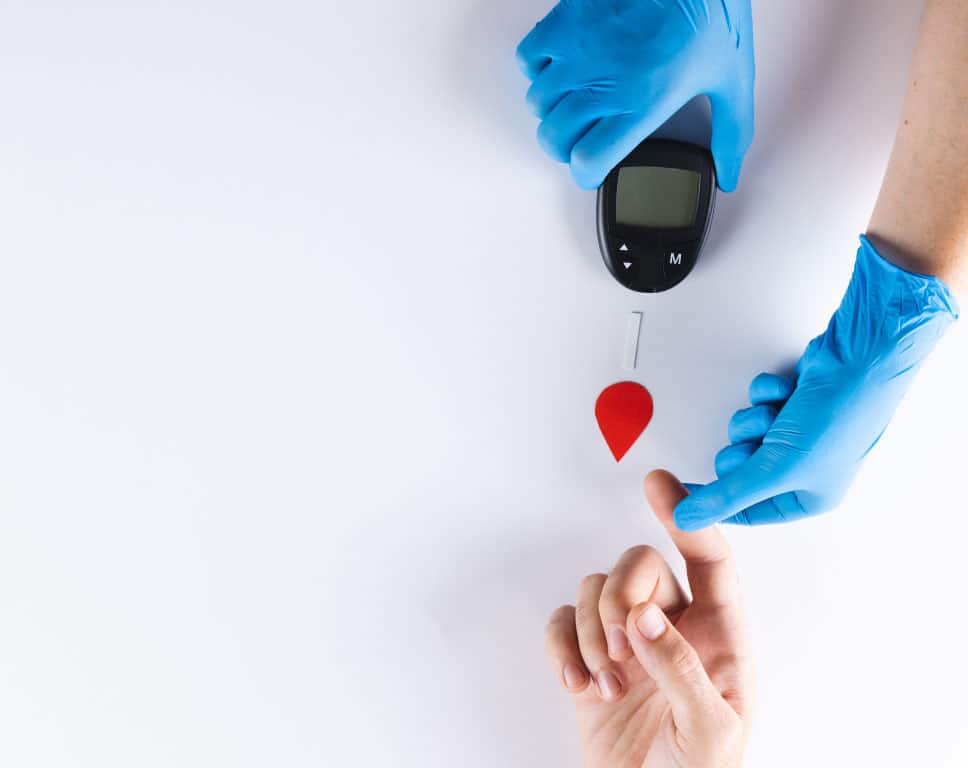An evidence-based review of breast cancer research published in the Canadian Medical Association Journal (CMAJ) found that regular physical activity and avoiding weight gain are the most important lifestyle factors in reducing the risk of breast cancer recurrence and potential death.
The review looked at a variety of lifestyle factors, including exercise, weight, diet, and smoking, among others, to ascertain the changes that those diagnosed with breast cancer can make to improve their chances of survival and, for those who have survived the condition, to reduce their risk of the cancer recurring.
READ MORE | Stay On Track With Regular Health Checks
Physical activity has the most robust effect on cancer risk
Co-authors of the review, Dr. Ellen Warner from the Sunnybrook Health Sciences Centre in Toronto, Canada, and Julia Hamer from the medical oncology and hematology division at the Odette Cancer Center in Toronto, wrote: “Of all lifestyle factors, physical activity has the most robust effect on breast cancer outcomes.”
The researchers defined physical activity as a half hour of moderate-intensity exercise performed five days a week, or 75 minutes of more vigorous exercise in conjunction with two to three sessions of strength training for large muscle groups.
The authors also suggest that, because it’s common for patients to reduce their level of physical activity after a breast cancer diagnosis, “it is important for health care professionals to promote and encourage exercise in this patient population. Simply receiving advice from an oncologist to exercise more has been shown to increase patients’ level of activity,” they stated.
READ MORE | A Guide To Breastfeeding For Active Moms
Avoid weight gain for better cancer outcomes
With regard to the other important factor – a woman’s weight – the authors found that “weight gain of more than 10% body weight after a breast cancer diagnosis increases breast cancer mortality and all-cause mortality.”
Another key finding was that women who are overweight or obese at diagnosis also have poorer prognoses.
The review also highlighted other important findings regarding diet, vitamin supplementation and smoking, but none were associated with a greater impact than weight and exercise.
READ MORE | 5 Hacks To Improve Your Health
No silver bullet to reducing cancer risk
However, the authors caution that these recommendations are not a silver bullet for all women with breast cancer and that the breast cancer patients in the studies showing the benefits of lifestyle changes were also receiving conventional anticancer therapy.
As such, lifestyle interventions should never substitute standard therapy. Instead, patients should incorporate them as an adjunct.















